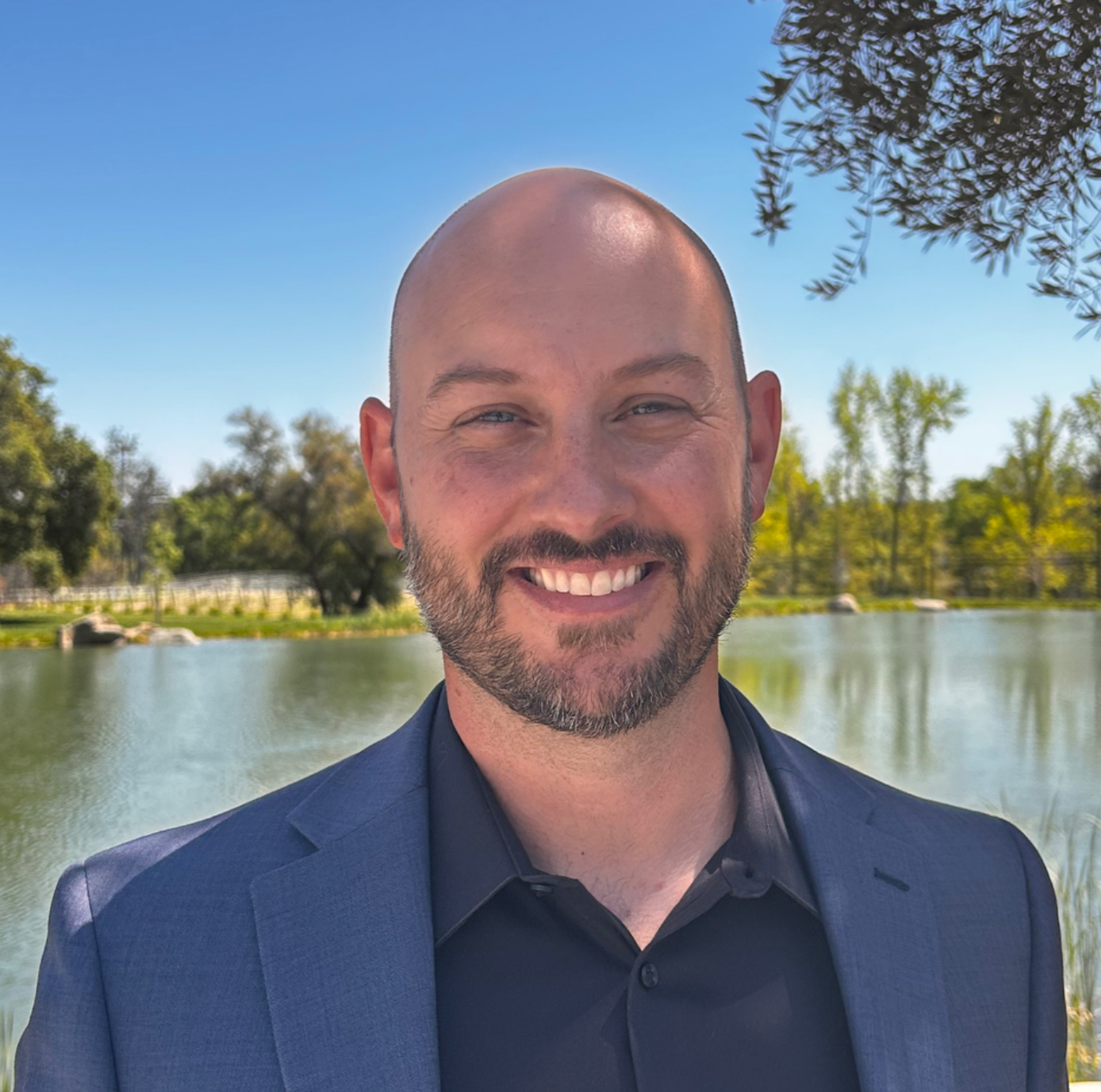Beyond the Bid: Why the "Shipper's Mindset" Wins in Cold-Chain Logistics
- Brian McBrayer

- Oct 23, 2025
- 4 min read
Updated: Oct 31, 2025
In a market flooded with commodity brokers, how do you stand out? It’s not by having the lowest rate. It’s not by having the newest tech. It’s by offering a level of service and expertise that solves problems before they happen.
This is the "white glove service" that our founder, Jason McArthur, discussed recently with Chris Jolly on The Freight Coach podcast. It’s a model built on a simple, powerful idea that defines Lone Cypress Logistics: we were shippers first.
Almost everyone on the Lone Cypress team "was a shipper at some point," Jason explained. We have sat in that seat. We’ve managed the national Walmart account for a massive produce grower. We have lived the pain of a missed appointment, a failed pre-cool, or a bad load sequence.
That experience isn't just a line on a resume; it's our entire value proposition. It allows us to operate differently. Here’s what we’ve learned from living in the shipper's world.
1. Service is More Than "Pick Up and Deliver"
For a commodity broker, the job often ends at delivery confirmation. For us, that’s just one data point in a much larger process. Our "white glove service" means we actively partner with our shippers on the details others overlook. We "help with like load planning, load building, arranging drops in the right sequences and things like that."

We aren't just taking an order; we’re applying operational intelligence. Because we understand the downstream consequences, we have the confidence and the responsibility to tell a customer, "Hey, this isn't going to work... we need to tweak an appointment... so it doesn't screw up the whole rest of the load." That proactive intervention, Jason emphasized, is the service. It's the expertise to fix a potential failure before it leaves the dock and impacts the receiver relationship.
2. You Must "Speak the Language"
Because we come from the supply side, we can have a different kind of conversation with shippers. We don't "jump in and go, 'What do you pay for this? How many loads a week can we get?'." That approach signals a transactional mindset, not a partnership.
Instead, we start by proving we understand the stakes involved in their specific commodity. We talk about the critical details: ensuring "a trailer that's pre-cooled, a shoot that's in good shape, a trailer that's been washed out... we're hauling food... you need to show up like you're ready to load that."

When we convey that operational understanding, Jason noted, "we catch their ear more often than we don't." We're not just another broker calling for loads; we're a potential partner who has lived their challenges, respects their product, and understands the processes required to protect it.
3. Sales in a Post-COVID World is About Expertise, Not "Prove It" Shipments
Chris and Jason also discussed the shift in business development. Pre-COVID, if you could get a decision-maker on the phone and demonstrate basic competence, "they're gonna give you like a 'prove it' shipment" to test you out.
As Jason bluntly stated, "That doesn't exist anymore." Shippers today are utterly "bombarded" by generic sales calls.
Today, the only way to cut through the noise is by demonstrating deep, niche-specific expertise from the first interaction. As Chris Jolly pointed out, positioning yourself as a "subject matter expert" is key. When we call a shipper, we "call out their product" and their specific lanes. This tailored approach "throw[s] them off their normal rejection routine" because it proves we've done our homework. We aren't asking for freight; we're demonstrating credible cold-chain authority. This positions Lone Cypress Logistics for the moment that shipper needs a partner who actually understands the intricacies of their business.
The Foundation: Hire People Who Care
This shipper-first mindset is the core of our culture. It's how we "protect what you have," as Jason says, and build relationships that drive sustainable growth. But as Chris Jolly asked, how do you actually build a team that operates this way? "How do you teach somebody to care?"
Jason’s answer was simple: You don't. "I can teach somebody everything they need to know about transportation... I can't teach them to care though." We hire for that inherent sense of ownership and accountability often found in people who've experienced the shipper side and build a culture where "the standards are so high... it's a self weeding out."
This focus on service grounded in real-world experience is just one part of the Lone Cypress Logistics model. To see how this shipper-first approach integrates with our strategies for cash flow management, carrier partnerships, and intentional scaling, explore our comprehensive guide: The Complete Blueprint: How to Build a Sustainable Freight Brokerage.
Listen to the full episode with Chris Jolly on The Freight Coach podcast to hear more from Jason McArthur about the "white glove" approach and navigating the current freight market.
Move your perishable freight with a partner who’s sat in your seat.
📧 Email: sales@lonecypresslogistics.com
📞 Phone: (833) 317-5517
📍 MC Number: 1395266
Sales: Brent Walter
Join Our Team: Brian McBrayer
About the Author
Brian McBrayer is the Director of Business Development for Lone Cypress Logistics. With a proven background in sales leadership and scaling successful businesses across multiple industries, Brian is now focused on applying those same process-driven growth principles to the company's freight solutions. Connect with Brian on LinkedIn.





Comments